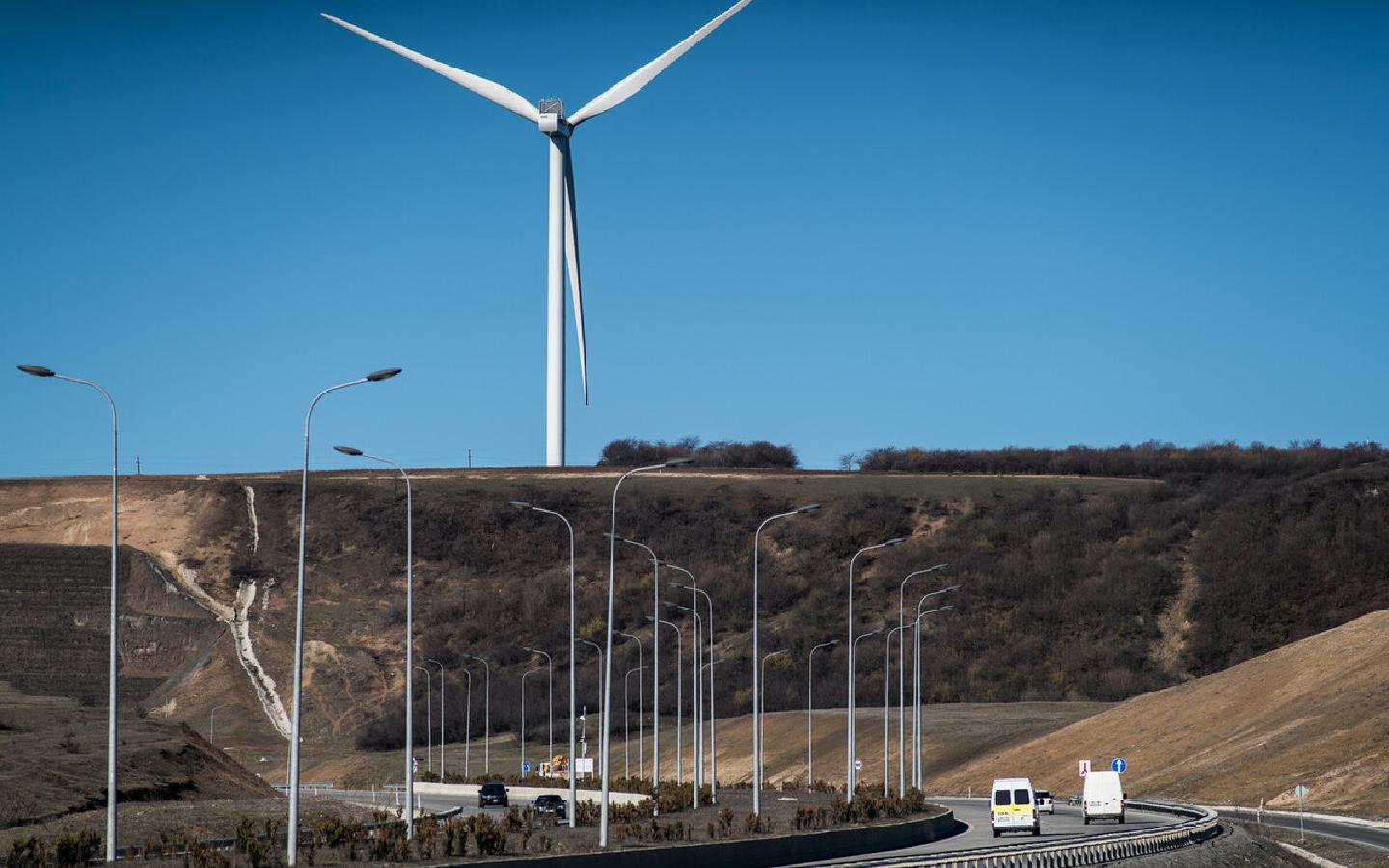As climate change impacts national budgets and economies, ADB and the Republic of Korea are helping Central Asian countries strengthen their public financial management systems to fight climate change more effectively.
Climate change severely impacts public finances by escalating the frequency and severity of weather-related disasters. This leads to substantial emergency spending and recovery costs, which strain economic stability and growth, and increase fiscal vulnerabilities. Consequently, governments are often forced to reallocate resources from other essential areas to address climate-induced damages.
In 2022, a devastating flood in Pakistan affected 33 million people and resulted in $14.9 billion in economic damages, underscoring the acute vulnerability of Central Asia’s developing member countries (DMCs) to climate extremes. Similar challenges are evident from recurrent droughts in Tajikistan and Uzbekistan and landslides in the Kyrgyz Republic, highlighting the urgent need for improved climate resilience and proactive low-carbon development across the region.
The 2023 United Nations Environment Program’s Adaptation Gap Report indicates that despite the clear signs of accelerating climate risks and impacts worldwide, the adaptation finance gap is widening and now stands between $194 billion and $366 billion per year. Adaptation finance needs are 10 to 18 times greater than current international public adaptation finance flows—at least 50 percent higher than previously estimated.
To bridge this gap, one of the crucial steps is to align public financial management (PFM) systems with climate objectives, ensuring that national budgets and fiscal strategies not only support but actively drive climate change-related efforts. This strategic integration allows countries to effectively tackle and adapt to the pressing challenges of climate change, securing their futures while promoting sustainable development.
The Achieving Climate Change Objectives through Public Financial Management Reforms project, funded by a grant from the Republic of Korea’s e-Asia and Knowledge Partnership Fund, is designed to create PFM systems within selected Central and West Asian DMCs that support the climate-related objectives and commitments outlined in the Paris Agreement.
This initiative supports Central Asian nations by enhancing awareness among developing member countries of the importance of integrating climate considerations into their PFM frameworks. It offers seminars, conferences, and workshops, along with technical assistance to update legal frameworks, establish climate-focused budgets, and promote climate-conscious public investments. Notable events organized under this initiative include an international conference, “Building a Sustainable Future: Integrating Climate Action into Fiscal Framework and Public Financial Management Systems,” November 2023, in Seoul, Republic of Korea, and a regional training program, “Climate Change and Public Financial Management Reforms Training Program,” in April 2024.
"By aligning public financial management systems with climate goals, we ensure every dollar advances our battle against climate change, merging economic stability with environmental resilience."
~ Anjum Israr, ADB senior public sector specialist
Share

